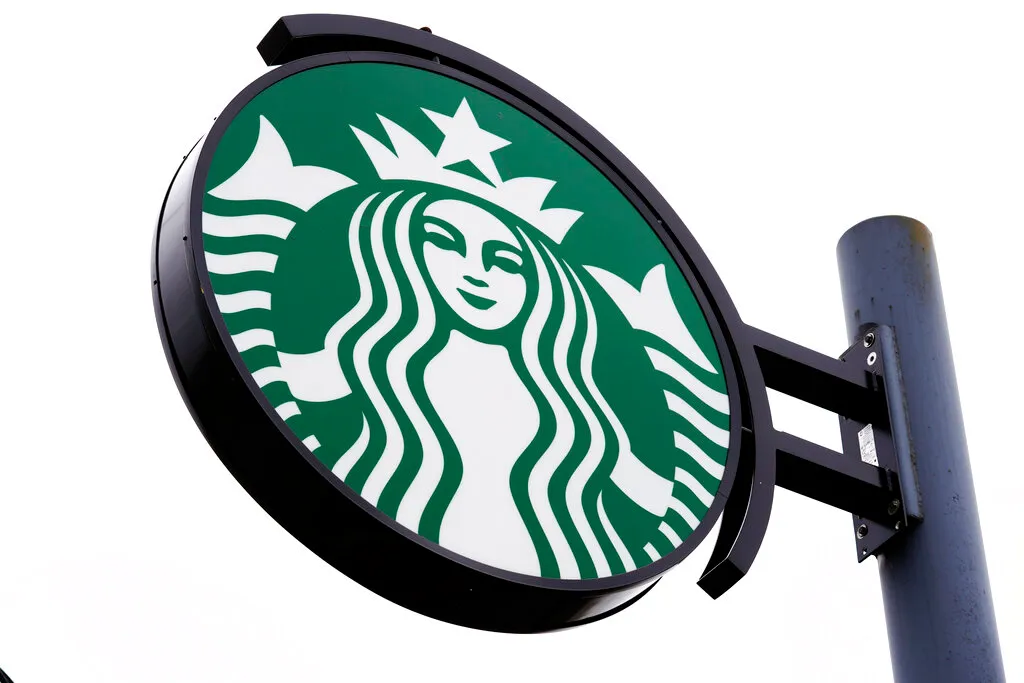Starbucks SBUX.O cut its annual sales forecast on Tuesday as the Israel-Hamas war hurt its Middle East business while warning that softer demand in January and slow recovery in China were likely to dent its second-quarter performance.
The world’s largest coffee chain also missed market expectations for first-quarter results, also due to slowing demand for its coffee and cold drinks in the United States.
Its shares, however, rose 4 percent after the bell, as Wall Street analysts and investors were bracing for a bigger hit to sales following weak store traffic in November and December.
CEO Laxman Narasimhan said on a post-earnings call that the company saw a “significant impact on traffic and sales” in the Middle East due to the conflict.
Its impact also spilled into the US, he said, as some consumers launched protests and boycott campaigns asking the company to take a stance on the issue.
The company had in a 2023 statement on its website said it is a non-political organization and dismissed rumors that it had provided support to the Israeli government or army.
While Starbucks was working to mitigate headwinds in the US through efforts including promotional offers, it would take time for its plans to materialize, the company executives said.
The company now expects full-year comparable sales – both globally and in the US – to grow between 4 percent and 6 percent, down from its previous range of 5 percent to 7 percent growth.
While comparable sales in China rose 10 percent in the quarter ended December 31, improving from a 5 percent rise in the preceding quarter, Starbucks said the recovery was still slower than its expectations as consumers turn more cautious in spending.
Its international segment posted a 7 percent rise in same-store sales, missing analysts’ estimate of 12.07 percent growth and driving global same-store sales growth of 5 percent below expectations of a 6.98 percent rise.
“Results were better than feared following the stock’s recent selloff … it sounds like there is a clear plan despite top-line headwinds,” said Stephens analyst Joshua Long.





